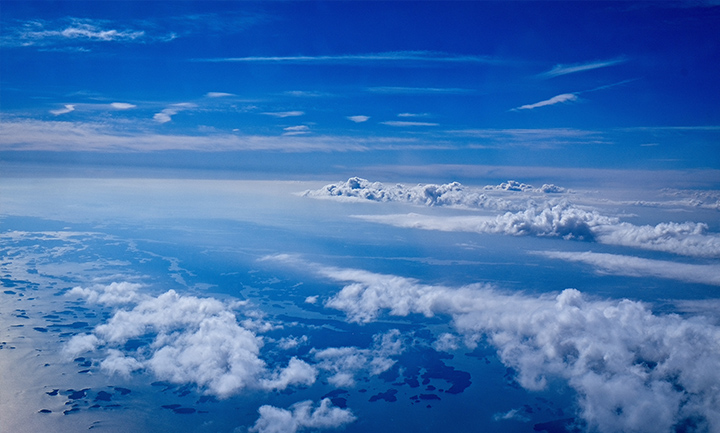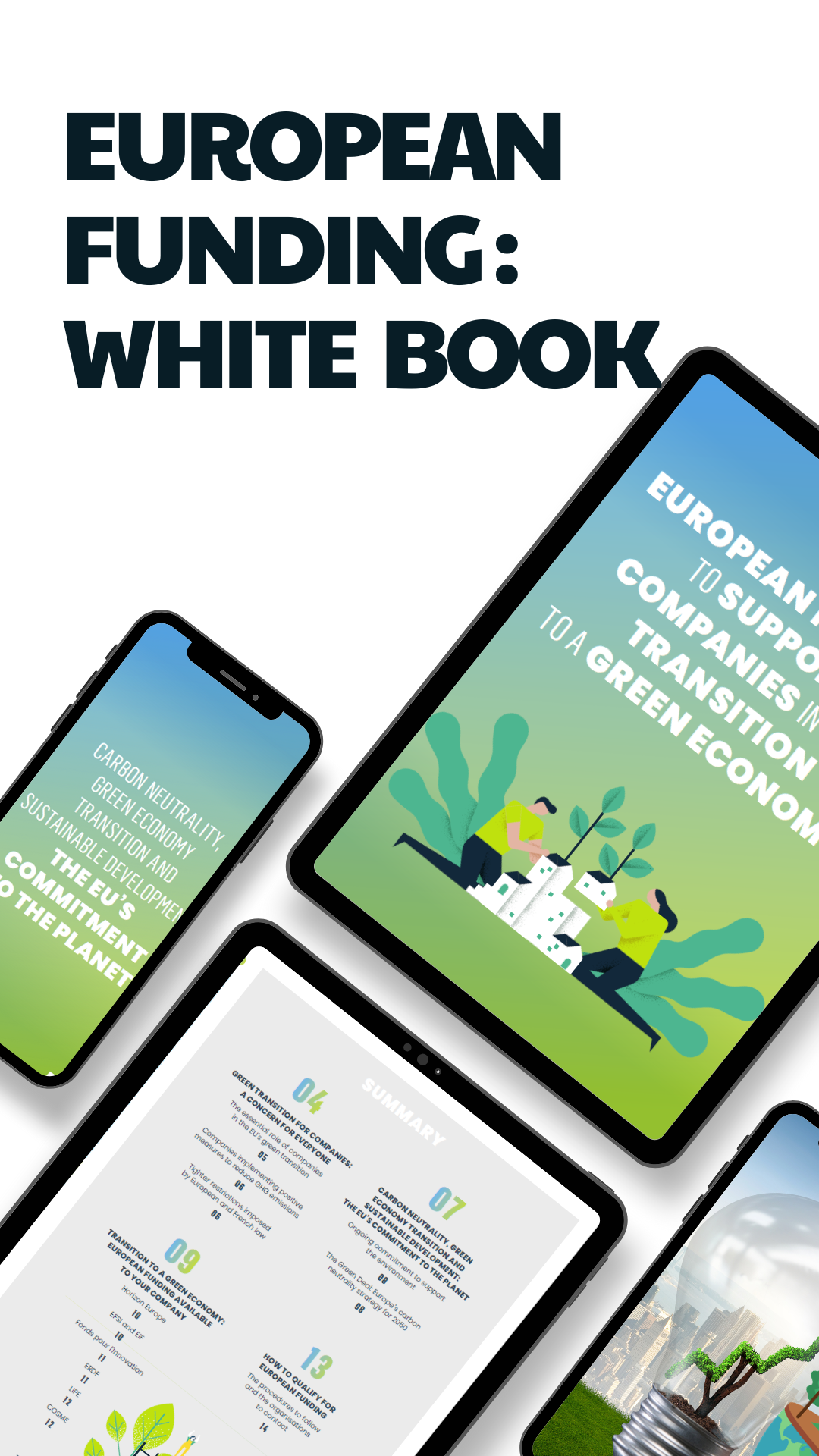France’s ecological debt in deepening
In France, overshoot day is here. Put another way, if the whole world lived like the French, humanity would have started using more ecological resources that the Earth can regenerate in a whole year from 5 May, three months earlier than the global deficit date (calculated to be 2 August in 2017). This is what is stated in a new report published by the WWF France (1).
Almost 70% of the ecological footprint of the country is due to home energy consumption (24%), transportation (23%) and food (22%), with the remainder associated with other goods (15%) and services (16%). Compared to its European neighbours, France is after Sweden and the Netherlands (3 and 13/04) but is neck and neck with Germany and the United Kingdom (1/05 and 7/05). After France are Greece and Italy (22 and 23/05) and Spain and Portugal (10 and 15/06).
Holders of a very dubious world record are Qatar which reached its ecological deficit date on 9 February, and the United States, Canada and Australia on 14, 17 and 30 March respectively, with Russia on 20 April. More surprisingly, Bhutan reached its deficit date on 12 May and Fiji on 6 June.
However these data need to be examined with a certain level of prudence. The 5 May date for France places the bio-capacity of the French at world level. If the whole planet produced and consumed resources the way France does, it would take the equivalent of 2.9 earths to meet those needs, according to the WWF. However, when the ecological footprint is compared with its own bio-capacity, France requires 1.8 times more than its bio-capacity is able to provide.
Entering ecological deficit earlier each year means deepening the ecological debt while borrowing the natural resources of other countries. This leads to deforestation, diminishing fish stocks, droughts, water shortages, soil erosion, loss of biodiversity and climate change. While the ecological footprint in France fell between 2008 and 2015 due to the reduction in the carbon footprint, it has increased over the last three years (+ 5% between 2015 and 2018). This is primarily due to an increase in GHG emissions in the transport, construction and electricity production sectors, the latter being characterised by a greater use of fossil fuels between 2014 and 2016.
Solutions exist to combat this and the WWF outlines the main priorities. Regarding food, production methods that generate lower emissions and responsible consumption methods should be encouraged. For mobility, the aim must be for low emission cities and systematising bicycles as the mass means of transportation. Concerning energy, first of all the energy transition law must be applied and renewable energies increased. For forests, greater coherence is required between the ET policies and the forestry policy, with emphasis placed on the fight against deforestation and greater vigilance regarding the industrial intensification of forestry production. Finally, more globally, regarding carbon neutrality, the NGO defines several points to be considered: decarbonize the energy system with, amongst other things, a target of 100% renewable by 2050; setting a GHG emissions target that is compatible with the Paris Agreement 2°C target; facilitating carbon storage in agricultural soils and forests.
By its very nature and through its entire offer (exhibitors, conferences, high points, etc.), Pollutec 2018 will focus on a large number of solutions enabling the priorities defined above to be implemented. These solutions will be presented on all the sector-based areas of the event, in particular Recycling – Reuse – New matter and materials, Water resource management, Energy, Energy efficiency, Sustainable urban development, Biodiversity & Natural habitats.
(1) Report L’autre déficit de la France (France’s other deficit) – 5 May 2018: jour du dépassement pour la France (Overshoot day for France), by the WWF France with Global Footprint Network, 2018




